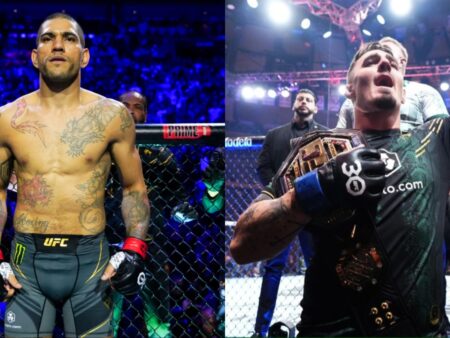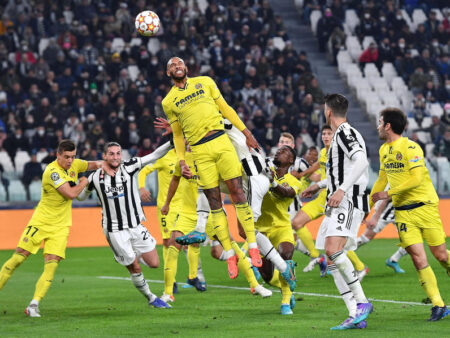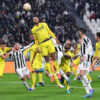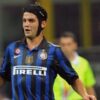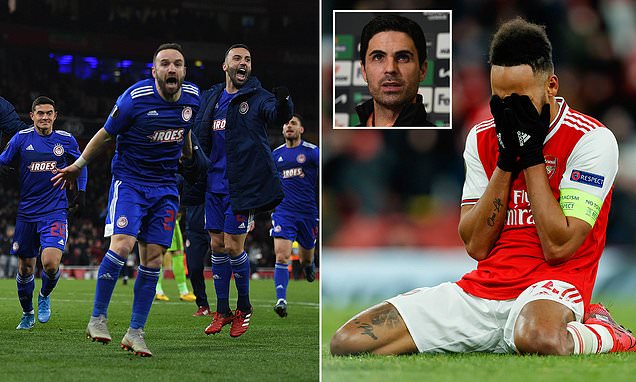
In the grand tapestry of European football, certain rivalries are etched into history with the fiery intensity of perennial clashes. Manchester United versus Juventus, Barcelona against Paris Saint-Germain—these are the celebrated narratives. Yet, there exists a peculiar, often overlooked, chapter where a seemingly less prominent fixture consistently delivers drama of Shakespearean proportions: Arsenal versus Olympiacos. It is a saga marked by unexpected twists, bewildering errors, and moments that not only decided match outcomes but, in one instance, inadvertently ushered in an entirely new era for a club navigating unprecedented global challenges.
Echoes of Past European Encounters
The history between these two clubs, though not boasting the centuries-old animosity of some European duels, is rich with theatricality. Consider 2015, when Arsenal`s Champions League hopes teetered on the brink after a bizarre own goal from David Ospina, only for Olivier Giroud`s hat-trick to rescue their continental aspirations. Or the 2021 Europa League tie, where Arsenal almost squandered a commanding first-leg lead with a performance so passive it bordered on the meek. These were significant, certainly, but they merely served as an overture to the true operatic climax that unfolded in the 2020 Europa League knockout round.
The 2020 Vortex: A Night Etched in Memory
Holding a slender one-goal advantage from their journey to Greece, Arsenal found themselves locked in a pulsating battle at the Emirates Stadium. Pape Abou Cisse equalized for Olympiacos, swinging the momentum. Then, a moment of breathtaking brilliance: Pierre-Emerick Aubameyang, with an acrobatic bicycle kick, seemingly sealed the tie for the Gunners. But football, in its infinite capacity for cruelty and irony, was not finished. Youssef El-Arabi, deep into the 120th minute, found the net, silencing the home crowd – what was left of it, at least. The despair was palpable, yet the final, most agonizing twist was still to come. Aubameyang, the earlier hero, found himself with an open goal, mere yards from salvation, only to inexplicably miss, turning the ball wide with the last kick of the game. It was a night where football truly decided to embrace theatrical absurdity, leaving fans and players alike in a state of bewildered disbelief.
Arteta`s Unceremonious Initiation into the Unprecedented
This dramatic exit was more than just a defeat; it was a prelude to an unforeseen global event that would define Mikel Arteta`s nascent managerial career. Barely had the dust settled on that emotionally draining night when Arteta himself tested positive for COVID-19, a diagnosis that almost instantly brought English football to a grinding halt. From the raw emotion of an epic European cup exit to the stark reality of a global pandemic, Arteta`s early tenure was a baptism of fire unlike any other. He inherited a massive club, navigating the choppy waters of mid-season change, only to be plunged into an era of isolation and uncertainty. As he reflected, “It was a lot to swallow, coming into a massive club in the middle of the season when you`ve never coached a team… On top of that, everything that was happening at the football club, COVID hits. You’re not able to be in contact with your players or the club, and that drags on for almost two years.” It was a trial by fire, then by virus, then by silence.
The Silent Crucible: Forging Resilience in Empty Stadiums
The subsequent period of football played behind closed doors stripped away one of the game`s most fundamental elements: the roar of the crowd. For a club like Arsenal, with a passionate but at times demanding fanbase, this era was a double-edged sword. On one hand, the absence of collective grumblings, which had contributed to the undoing of previous managers, allowed Arteta a quieter space to dismantle and rebuild. He could, without immediate external pressure, shake the metaphorical tree, pruning branches he deemed detrimental to the club`s roots. On the other, it deprived the team of the visceral connection with supporters, the delirium that transforms a stadium into a fortress. One ponders an alternate reality: could the current formidable atmosphere at the Emirates have been cultivated as effectively if supporters had not been starved of that communal experience for well over a year? It was a strange, silent crucible where resilience was forged not by roar, but by raw necessity and internal conviction.
From Turmoil to Triumph: The Champions League Return
Arsenal`s trajectory since those tumultuous times is a testament to perseverance and strategic reconstruction. From scrapping it out in the comparatively meagre confines of the Europa League, they have clawed their way back to the pinnacle of European club football: the Champions League. The bitter blow of a semifinal defeat to Paris Saint-Germain is now a distant memory, replaced by renewed aspirations. Arteta`s focus remains steadfastly on the immediate challenge, acknowledging the journey: “We have the same ambition which is to go game by game and try to be better than the opponent, which is very difficult in this competition and win as many games as we can.”
Today, as Arsenal prepares to face Olympiacos once more, the stakes are different, but the echoes of past dramas linger. The Gunners, hardened by silent struggles and past heartbreaks, return to a competition they believe they belong in. This encounter, viewed through the lens of their unique history, is not merely another fixture; it is a profound marker of how far the club has traveled since those defining, dramatic, and utterly unprecedented fortnights that shaped Mikel Arteta`s initial, unforgettable journey.
